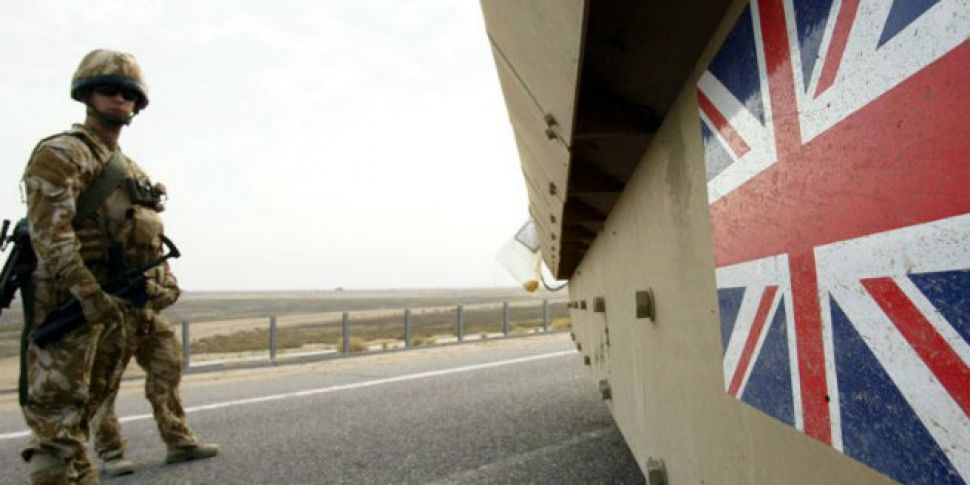The Chilcot inquiry into the Iraq war will not be published until after the UK General Election, it has emerged.
Its chairman, Sir John Chilcot, will explain the reasons for the further delay in an exchange of letters with Prime Minister David Cameron on Wednesday, according to Government sources.
The inquiry was set up by the Labour government six years ago and heard from its final witnesses in February 2011.
Mr Cameron is understood to have written to Sir John saying that he would have liked to have seen the report released before the election, but accepted that publication was a matter for the inquiry.
Deputy Prime Minister Nick Clegg says the public will find the latest delay "incomprehensible".
In a letter to Sir John, Mr Clegg wrote: "Neither administrative processes nor a constant back and forth between the inquiry and witnesses criticised should frustrate an independent report so important to the country's future from being published as soon as possible .
"If the findings are not published with a sense of immediacy, there is a real danger the public will assume the report is being 'sexed down' by individuals rebutting criticisms put to them by the Inquiry, whether that is the case or not.
"The inquiry into Iraq will both resolve the issues of the past, and set the tone for future British foreign policy. We cannot wait any longer for these lessons to be learned."
The latest news of a delay comes as MPs prepare to stage a Commons debate next week on the matter.
Senior Tory backbencher David Davis, told the Guardian: "Frankly this is not good enough. It is more than five years since it started.
"We need to know why. This is not simply some formality. This is for the whole country to understand why we made a terrible mistake in Iraq. Simply putting it off is not good enough.
"Why has this taken so long? What is going on that is preventing this?"
Publication has been delayed by disagreement over the release of confidential messages between Tony Blair and former US president George Bush.
The so-called "Maxwellisation" process, by which people who are criticised in the report are given the chance to respond, has also contributed to the hold-up.
Sir John finally accepted an agreement whereby he would publish the "gist" of the communications between Mr Blair and Mr Bush after Cabinet Secretary Sir Jeremy Heywood blocked the publication of the full exchanges.









